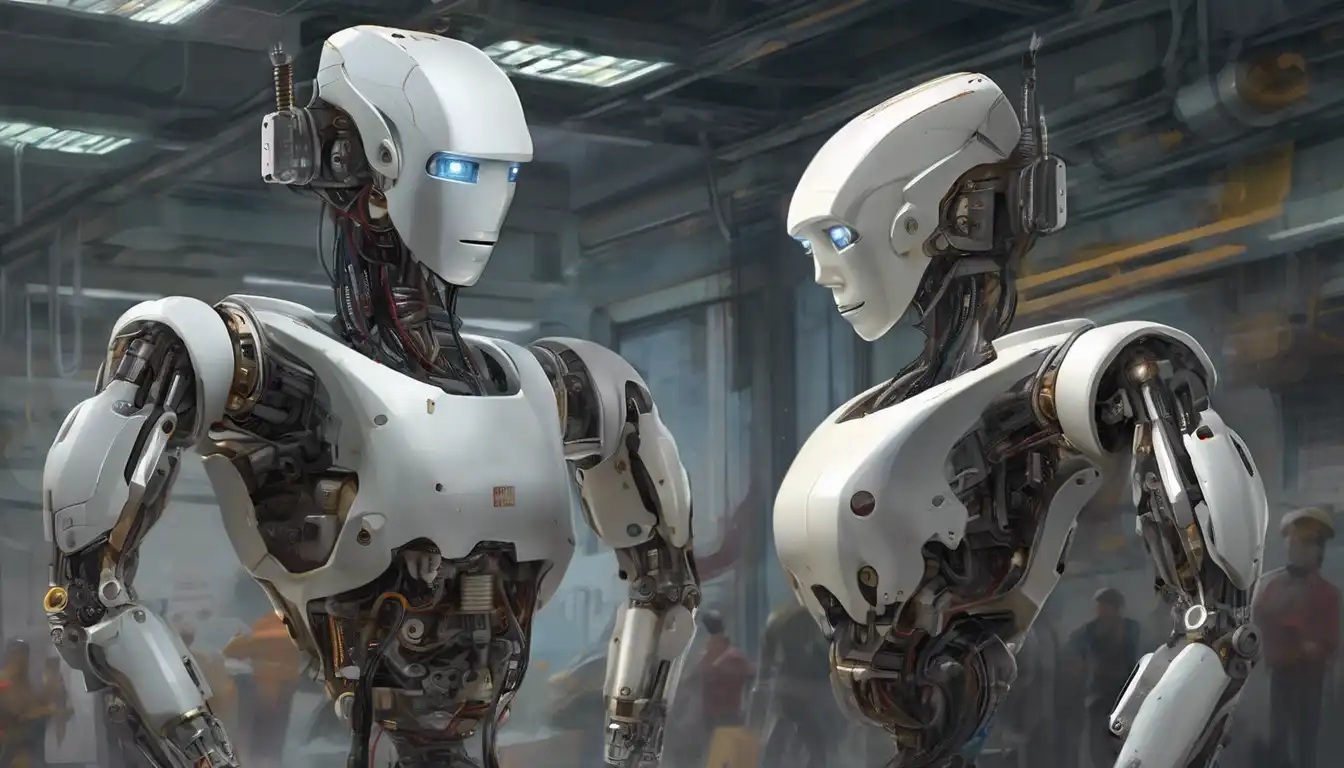Understanding the Ethical Framework of Autonomous Robots
In the rapidly evolving world of technology, autonomous robots represent a pinnacle of human achievement. However, as these machines become more integrated into our daily lives, the ethical implications of their autonomy demand careful consideration. This article explores the moral landscape surrounding self-operating machines, offering insights into how society can navigate these uncharted waters.
The Rise of Autonomous Robots
From manufacturing floors to the comfort of our homes, autonomous robots are becoming ubiquitous. Their ability to perform tasks without human intervention has revolutionized industries, but it also raises questions about accountability, privacy, and the future of employment.
Key Ethical Considerations
The deployment of autonomous robots introduces several ethical dilemmas:
- Accountability: Who is responsible when an autonomous robot makes a mistake?
- Privacy: How do we protect personal data collected by robots?
- Employment: What is the impact of robots on human jobs?
- Decision-making: Can robots make ethical decisions in complex situations?
Accountability in the Age of Autonomy
One of the most pressing issues is determining liability for actions taken by autonomous robots. Unlike traditional machines, autonomous robots can make decisions based on algorithms and data, blurring the lines of responsibility between manufacturers, programmers, and users.
Privacy Concerns with Autonomous Robots
As robots become more capable of collecting and processing data, the risk to personal privacy escalates. Ensuring that these machines adhere to strict data protection standards is crucial to maintaining trust and security.
The Impact on Employment
The automation of tasks previously performed by humans has sparked debates about the future of work. While robots can increase efficiency, they also pose challenges to workforce dynamics and job security.
Ethical Decision-Making by Robots
Programming robots to make ethical decisions is a complex task that involves defining moral parameters. The development of ethical frameworks for artificial intelligence is essential to guide the behavior of autonomous robots in morally ambiguous situations.
Looking Ahead: The Future of Autonomous Robots
As technology continues to advance, the ethical considerations surrounding autonomous robots will only grow more complex. It is imperative that policymakers, technologists, and ethicists work together to establish guidelines that ensure the responsible development and use of these machines.
For further reading on the intersection of technology and ethics, explore our Technology Ethics section.
